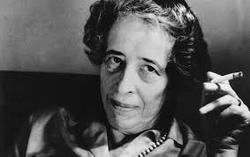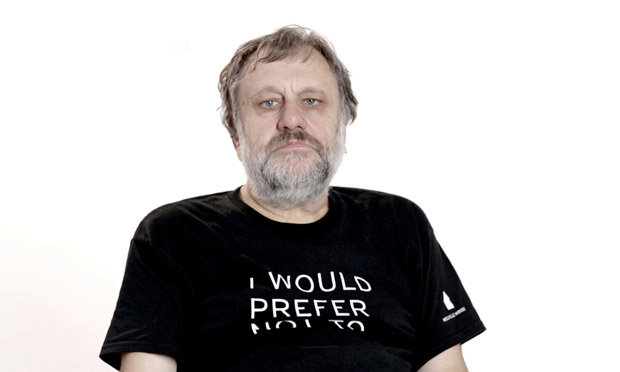 According to Edmund Wilson, in 1912 George Santayana resigned his teaching post at Harvard University and moved back to Spain because Harvard opened its business school. It is logical that the last aristocrat makes his final stand against capitalism. In those days business schools were outside the university in institutions. Today, business schools run the university and its curriculum, and the arts and liberals are being pushed out. It now seems logical, though ironic, that the arts and the liberal arts will need to form institutions outside universities. In order to survive and perhaps counter-act or change the corporatized university and its products, faculty in the liberal arts / humanities, and fine arts need to offer a different path for students interested in valuing life on this planet. This path would not be a counter-culture though it would indeed counter the current culture. However, it would be more an alternative culture an open line of flight that would include acting outside the Baudrillardian cultural fantasy that wastes valuable time on Earth: That doesn’t include such things as the advertising vignettes that capitalist narrative poetry provides as authentic art of living, whether it be Burger King’s, Nike’s Just Do It, or KFC racist seductions. It might even be an enrichment program for graduates entering corporations to change them. It would certainly be a creative class much advertised by PR firms. Such an institution would need to foster critical perspectival thinking, what Northrup Frye long ago called the education of the imagination, and foster an aesthetic sensibility as Marcuse suggests as liberation sensibility. We may then dis-cover that liberal arts education may be live performances in our private, economic, and civic lives as Hannah Arendt writes in The Human Condition. It is my belief that Gilles Deleuze’s “line of flight” idea may lead us to Herbert Marcuse’s destination that amounts to the following: The rational transformation of the world could then lead to a reality formed by the aesthetic sensibility of man. Such a world could (in a literal sense!) embody, incorporate, the human faculties and desires to such an extent that they appear as part of the objective determinism of nature – coincidence of causality through nature and causality through freedom. (30,31) We need more than ever the useless university or institution. The useless university’s interests are in the purer sciences, the deployment of curiosity for its own sake (and not for techno-capitalist products, exploitation, and consumer goods), the development of values for sustainable living, and the creation of useless but vital “products” found in the arts. It seeks what Arendt calls, “The ideals of homo faber, the fabricator of the world, which are permanence, stability, and durability, [that] have been sacrificed to abundance, the ideal of the animal laborans.” She suggests here the re-separation of the conflation of domestic labor, public work, and political action. An institution engaged as its founding principle the investigation and separation of those three dynamics would establish lines of flight away from the totalizing frame that supports the social imagination’s illusion that dominates adult citizens in a “democracy.” The institution would then be able to give practice to Freire’s pedagogy and allow temporal and physical room for reflection and art.
0 Comments
Leave a Reply. |
Archives
May 2024
Categories |

 RSS Feed
RSS Feed